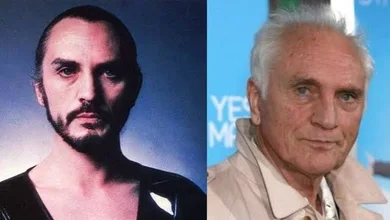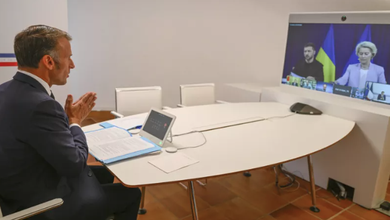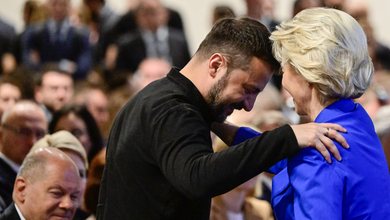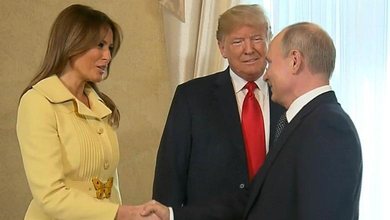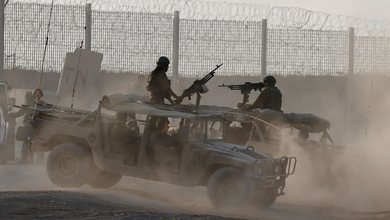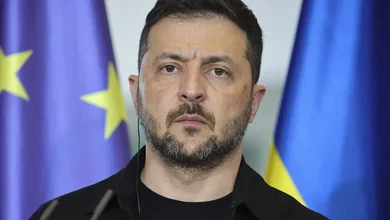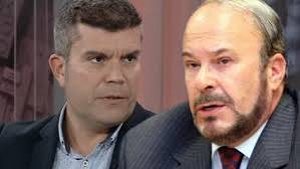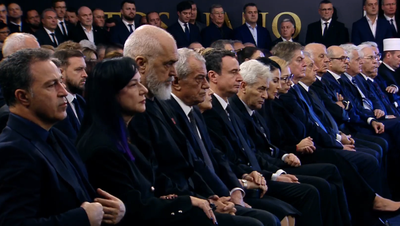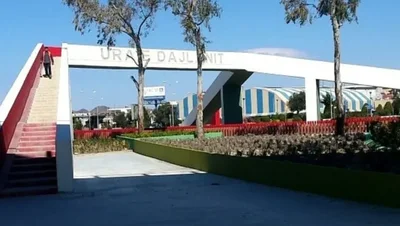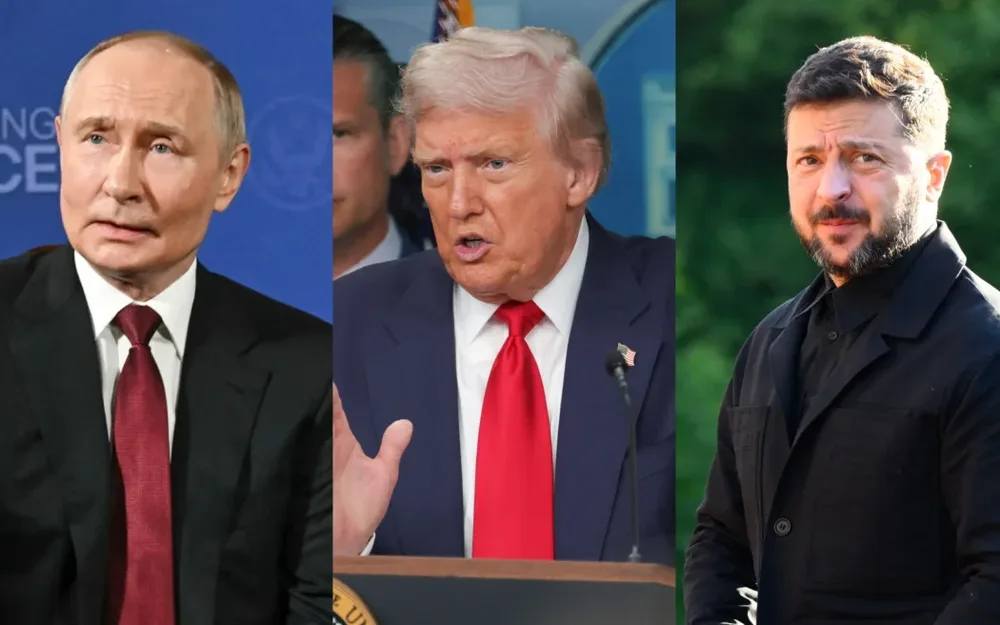
Ukrainian President Volodymyr Zelenskyy is expected to travel back to Washington on Monday, in a visit that is being watched with great anxiety in Kiev after his recent bitter experience in the White House.
During his previous visit in February, Zelenskyy was greeted coldly by former President Donald Trump, who mocked him, commenting on his attire and questioning his negotiating skills. The visit ended abruptly, with the Ukrainian president leaving the White House early, an action that was seen in Kiev as a diplomatic humiliation and a sign of disrespect.
This time, however, Zelenskyy finds himself in a situation where he cannot avoid it, presenting himself as a willing party to peace negotiations. The biggest fear in the Ukrainian capital is that the president could be portrayed as the main obstacle to ending the war, in case international agreements are developed without his active involvement or at the expense of Ukraine's interests.
The situation was further complicated after the recent meeting between former President Donald Trump and Russian President Vladimir Putin. At first, optimism in Kiev grew slightly, as it seemed that the US had not made any deal without the presence of Ukraine. But this optimism was quickly extinguished by a statement by Trump on the social network Truth Social, where he suggested that the best way to end the war between Russia and Ukraine is to go directly to a peace agreement, bypassing the key demand for an immediate ceasefire.
This stance represents a major shift from Trump’s previous policy, which had warned of serious consequences if Putin did not accept a ceasefire. According to diplomatic sources, Trump is now considering proposals from the Kremlin, including a plan that envisages the surrender of further Ukrainian territories in exchange for a peace agreement. This has caused deep concern in Kiev, placing President Zelenskyy in a delicate situation: to defend the sovereignty and territorial integrity of his country, while not appearing to be an obstacle to international peace efforts. The situation has also been tense due to the grand welcome given to Putin at a US military base in Alaska, a marked contrast to the reserved and cold reception given to Zelenskyy in the US. This difference is perceived as a clear political message, reflecting former President Trump’s personal preferences and his perception of the leadership of both countries.
In the American political environment, personal relationships and individual sympathies play a big role. While Trump shows open admiration for Putin, he shows contempt and skepticism towards Zelenskyy. This puts the Ukrainian president in a complicated and tense position, forcing him to balance the necessary negotiations for peace with the protection of national interests.
Zelenskyy's next visit to Washington is expected to be a significant test of his diplomatic skills, while all eyes of public and political opinion in Ukraine are focused on the decisions and positions he will express at the negotiating table. It is clear that his confrontation with the challenges of international politics will require not only strong diplomacy, but also extraordinary negotiating skills in an environment where personal relationships often overlap with state strategies.
Zelenskyy is thus entering a period where every move and statement will be analyzed minute by minute, having the potential to directly influence the fate of the conflict and the international perception of Ukraine.



